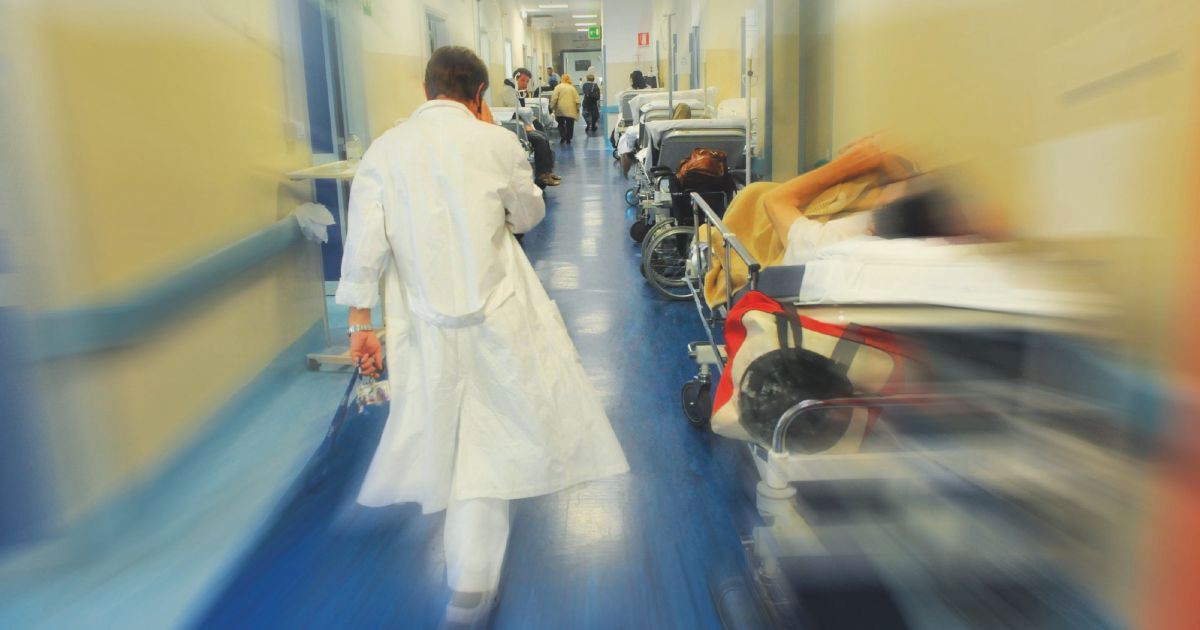
The new one was presented on 23 January National Vaccine Prevention Plan 2023-25 (PNPV) which will soon be the subject of discussion at the State-Regions Conference. It is a very articulated and demanding Plan, unfortunately not free from critical issues and on which, as an independent Medical-Scientific Commission, we have expressed ourselves with the text available here, inviting once again to a greater caution and the opening of a broad and transparent debate.
In the new PNPV, unfortunately, no distinction is made between vaccines that can give individual protection and those that also provide “community” protection, the latter condition reaffirmed by the Consulta in Judgment 14/2023 as essential for “compulsory medical treatment pursuant to the law”. It also appears paradoxical that a PNPV is going to be approved in which as many as 18 different vaccines are foreseen to be repeated over a lifetime without having complied in the slightest with what was already established by law 119/2017 (Lorenzin law on ten compulsory vaccines in childhood), or that, after three years from the date of entry into force of the law, an evaluation of the results should be carried outati achieved. In the testo of 2017 it was also stated that: “in the event of failure to submit the draft decrees to the Chambers, the Minister of Health transmits to the Chambers a report containing the reasons for the failure to present them as well as the epidemiological data and those on vaccination coverage”.
Almost 6 years later, no evaluation and/or report in this sense is on the horizon and, least of all, we see the start of an adequate pharmacovigilance which in our country remains exclusively passive. The difference between active and passive pharmacovigilance is sensational: in the case of MMRV vaccination (measles, mumps, rubella and chicken pox)a work published in indexed journal demonstrates that there are 462 adverse effects every 1000 doses according to the active surveillance carried out by the Epidemiological Observatory of the Puglia Region. Of these, 11% were rated as severe – among them severe hyperpyrexia, neurological symptomsgici and gastrointestinal diseases – with a frequency hundreds of times higher than that reported by Aifa, which in the 2018 Report reports a frequency of serious adverse events equal to 0.127 every 1000 doses.
The analysis of recent important scientific works has allowed us to elaborate a further Communiqué regarding the PNPV which has been sent to all members of the government, parliamentarians and regional councilors: in fact, we believe that we cannot overlook what emerges, for example, from a Huge research in the UK spanning 30 years which has found, contrary to researchers’ expectations, strong associations between the incidence of dementia and vaccinations in old age, especially against influenza, with an evident dose-effect as the inoculations increase. The increase in risk, statistically significant, is a total of 38% compared to those who have not been vaccinated, and with a clear dose effect of up to 60% in those who have had about 32 vaccine injections from middle age onwards, how many would receive who complied with the recommendations of the PNPV and were destined to multiply in those who adhered to today’s Ema indications on anti-Covid-19 recalls. I challenge anyone to prefer developing dementia rather than contracting one more flu (on average, several dozen shots of flu shots are needed in healthy adults aged 16 to 64 to avoid one)!
Confirmation has also come of previous highly valid research (randomized clinical trials) on the trend of increases in cardiovascular mortality, following the inoculations, in non-hospitalized elderly people in stable clinical conditions.
Finally appears questionable and frankly inconvenient – especially after the experience of vaccines against Covid-19 – the repeated language that pervades the entire PNPV about “vaccinations” as an absolute good, saving graces without any distinction and the obsessive “mass education” which seems to identify vaccination hesitancy as the priority problem for health, unfortunately once again without opening up to the slightest debate and scientific comparison.
For me, who for twenty years has been dealing above all with the environmental causes of cancer and beyond, it is a source of great sadness to note that “prevention” is now synonymous with “screening” – an activity that allows diagnostic anticipation, but certainly does not avoid the onset of the disease – and “health” is identified with undergoing repeated injections. Unfortunately we are careful not to make it clear that only by preserving the quality of the ecosystems and of the environment in general – from the air to the water, to the soil, to the food – as well as by maintaining adequate lifestyles, our health could really be preserved.
The pervasive “medicalization” of every moment of life, from the cradle to the grave, is by now the rule, but in doing so we not only take responsibility away, but also delegation to the “experts” on duty – not always reliable – not only our life, but also that of our children. But it’s never too late to take back your own life and destiny.